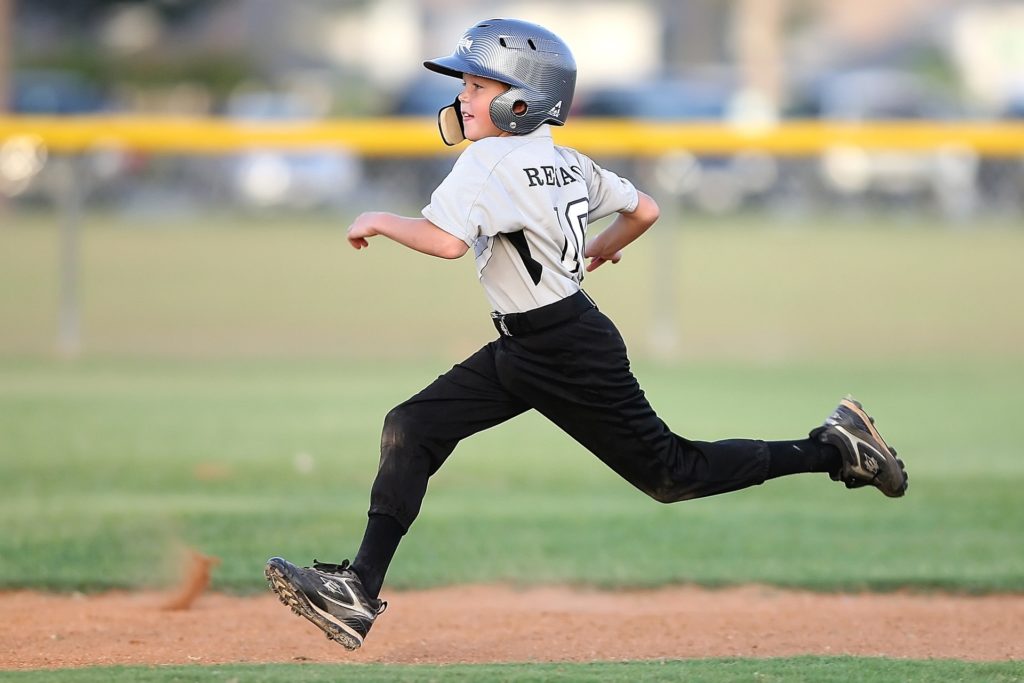As reported in the New York Times, a father concerned for the welfare of his son refused to allow him to continue playing high school football – a decision that put the whole family in family court and seemed to sever his relationship with his children.
John Orsini played football as a kid and rooted for the Pittsburgh Steelers. When he became a father, he enthusiastically signed up his sons for youth tackle football when they were in elementary school. His oldest son currently plays on the varsity squad at Case Western University. He seems an unlikely candidate for pulling kids out of football.
But his view changed when his youngest son suffered a concussion playing baseball (he was hit in the head with a metal bat). After several weeks, his son was cleared to continue sports. Two years later, the same son suffered two separate concussions in football games. Afterward, he began showing signs of post-concussion syndrome, including sensitivity to light and noise, headaches and lethargy. Despite these symptoms, doctors cleared him to continue playing.
This is where John Orsini drew the line and took a different look at the game he loved. His son’s doctor said no medical evidence showed his son was at risk, but Orsini knew from other research the risk of multiple concussions on cognitive development – and not just the extreme case of NFL players with debilitating illness and early deaths. He feared that if his son continued to play, he would jeopardize his health and his chance for a promising adult life.
Orsini told the school and the coaches that he had joint legal custody of his son and withdrew his consent for him to play football. This on its face hardly seemed unreasonable. But his son and ex-wife disagreed, and his ex-wife went to court, first to get a temporary order to allow the son to continue playing during the season, and later to get sole legal custody with regard to the son’s extracurricular activities.
Initially, the judge sided with Orsini, but later allowed the boy to play while the case remained pending. Several months later, the judge sided with the ex-wife and allowed her to make decisions regarding the son’s extracurricular activities. As a result, Orsini not only lost his ability to protect his son, he created a serious rift between himself and all his sons.
Should family courts be making these decisions?
In Missouri, as in all states, a court has a duty to act in the best interest of the children, and if changed circumstances arise that affect the health or welfare of a child, the court has a statutory duty to intervene when asked by one of the parents. But judges are not physicians, and it is not surprising that courts reach very different results despite the medical literature that demonstrates the risk of post-concussion syndrome in teenagers and the long-term damage it could cause – not just in football, but also hockey and soccer.
These cases illustrate one of the weaknesses of family court – they make poor substitutes for cooperative parenting. They lack sufficient knowledge and they have to deal with issues of precedent. For example, if one judge finds football too risky, more parents who object will return to court and try to get that judge and ultimately that could lead to a de facto ban on football for children of divorced parents.
John Orsini’s case illustrates a tragic aspect of post-divorce life – a father acts in a way he feels will protect the health of his son long-term, but his ex-wife felt the son, a junior in high school, had the maturity to make these decisions himself. Arguments can easily be made in favor of either parent’s case. But past the arguments we see real family strife. Now, father and son have become estranged. And the same results could happen if a parent tries to take away an activity a child loves, but every parental disagreement should not become a family court battle.
The point is not whether children should play football or not; the point is that parents together should make this decision and not the courts. Otherwise, oftentimes everyone loses.
If you have questions about divorce and extracurricular activities, contact us – we can help.
